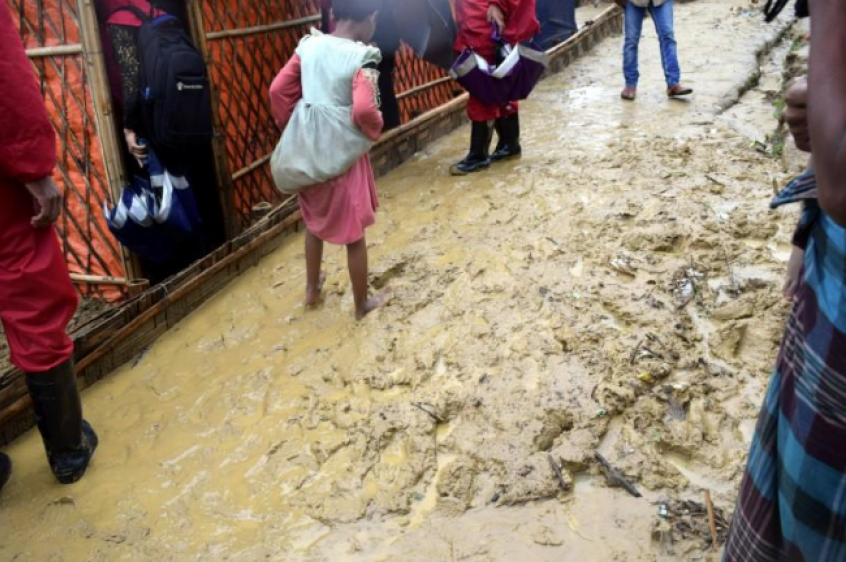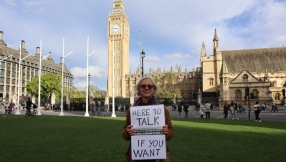
The repatriation of Rohingya refugees should only happen when it is safe for them to return, Catholic aid agency CAFOD has said.
Over three quarters of a million Rohingya have poured into Bangladesh since the Myanmar military began a brutal crackdown against the minority ethnic group in August last year.
Earlier this month, Bangladesh reached a deal with Myanmar to repatriate thousands of Rohingya refugees living in crowded camps but the plan has been halted after international outcry.
CAFOD is among those criticising the forced repatriation of Rohingya refugees at this time. It said repatriation must be voluntary and only take place 'when there are firm guarantees for the safety, rights, and livelihoods of those who return'.
It said the majority of refugees it had spoken to in the camps said they still preferred remaining in the cramped shelters over returning to Myanmar.
'Currently, there are still people fleeing Myanmar, albeit in smaller numbers, and arriving in Bangladesh, and no refugee who is still in fear of their life should be required to return,' said CAFOD.
In addition to concerns over safety, the aid agency said it was important that those returning be supported in rebuilding their homes and livelihoods.
'This requires further agreement on the refugees' status in Myanmar and assurances that there are clear mechanisms in place to help ensure safe returns and protection on their return,' it said.
In August, the United Nations called for Myanmar's top military leaders to face genocide charges over its treatment of the majority-Muslim Rohingya.
The UN's Independent International Fact-Finding Mission on Myanmar, which gathered over 800 eye-witness accounts, said the crimes committed against the Rohingya include murder, rape, torture, sexual slavery, persecution and enslavement.
Radhika Coomaraswamy, former UN Special Representative for Children and Armed Conflict and a member of the fact-finding team, said she was shocked by what she had found.
'The scale, brutality, and systematic nature of rape and violence indicate that they are part of a deliberate strategy to intimidate, terrorize, or punish the civilian population,' she said.
'They're used as a tactic of war that we found include rape, gang rape, sexual slavery, forced nudity and mutilations.'









